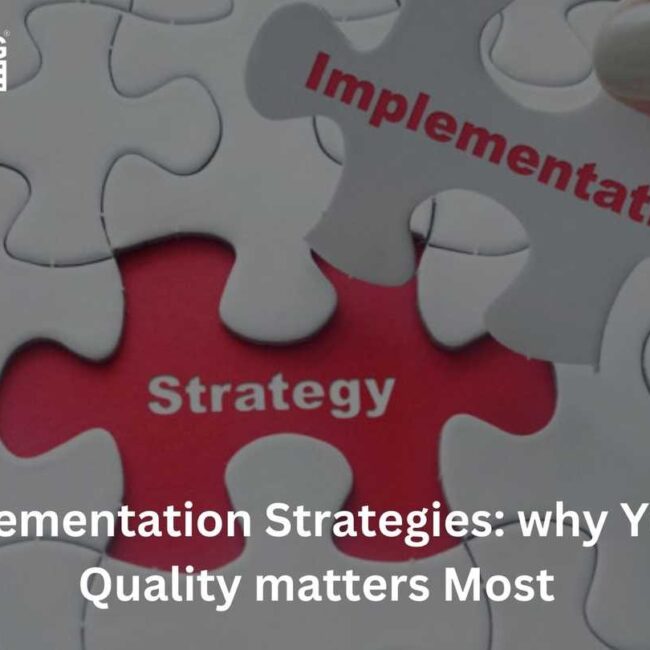
7 Biggest Obstacles to Successful ERP Implementation Globally

7 Critical Errors in Worldwide ERP Deployment
Enterprise Resource Planning (ERP) systems promise streamlined operations, enhanced productivity, and a unified data framework for organizations. Despite their potential, many ERP implementations fail to deliver the expected benefits. Understanding common pitfalls can help organizations navigate their ERP journey more effectively. Here are the top seven reasons why ERP implementations often fall short globally:
1. Uncontrolled Expansion of Project Scope in an ERP Implementation
Uncontrolled expansion of project boundaries, known as scope creep, is a frequent issue in ERP projects. This occurs when additional features and functionalities are added without proper evaluation, leading to increased costs, extended timelines, and a system more complex than initially intended. Effective project management and clear objective definitions are crucial to preventing scope creep.
Preventing Scope Creep:
- Define clear goals and objectives from the beginning.
- Implement strong change control processes.
- Regularly review project progress with stakeholders to ensure alignment.
2. Overly Complex Customization in an ERP Implementation
Customization can tailor an ERP system to meet specific business needs, but overly complex customization can pose significant challenges. Excessive or poorly managed customizations can make the system difficult to maintain and upgrade, increasing the risk of errors and reducing efficiency.
Managing Customizations:
- Prioritize configuration over customization.
- Limit customizations to those that offer substantial business value.
- Thoroughly document customizations for future maintenance ease.
3. User Resistance and Engagement Issues in an ERP Implementation
User resistance is a common hurdle in ERP implementations. Without proper user involvement, employees may feel alienated, leading to resistance due to fear of change, lack of understanding, or perceived threats to job security.
Enhancing User Engagement:
- Involve users in the planning and implementation phases.
- Provide comprehensive training and ongoing support.
- Clearly communicate the benefits of the ERP system.
4. Insufficient Executive Support
Successful ERP implementations require robust support from executive management. When top management does not back the project or fails to allocate necessary resources, it can result in insufficient funding, low prioritization, and project failure.
Securing Executive Support:
- Align the ERP project with strategic business goals.
- Highlight potential ROI and long-term benefits.
- Regularly update executives with progress reports.
5. Ineffective Change Management
Ineffective change management is a major factor in ERP failures. Change management involves preparing, supporting, and helping individuals and teams adapt to organizational changes. Without a well-structured change management plan, employees may struggle to adapt to new processes and technologies.
Implementing Effective Change Management:
- Develop a comprehensive change management strategy.
- Communicate changes clearly and consistently.
- Provide continuous support and resources for the transition.
6. Poor Data Quality Control
ERP systems heavily rely on accurate and timely data. Poor data quality management can lead to incorrect reporting, operational inefficiencies, and a lack of trust in the system. Ensuring data integrity and accuracy is essential for a successful ERP system.
Enhancing Data Quality:
- Establish data governance policies.
- Conduct regular data audits and cleansing.
- Train users on the importance of data quality and proper data entry practices.
7. Suboptimal Vendor Selection
Choosing the right ERP partner is critical. Poor vendor selection can result in inadequate support, lack of industry-specific knowledge, and failure to meet business needs. It’s essential to select a vendor with a proven track record and the necessary expertise.
Selecting the Right ERP Partner:
- Conduct thorough vendor evaluations and reference checks.
- Consider industry experience and technical expertise.
- Ensure the vendor provides robust support and training services.
In Conclusion, ERP implementations are complex projects requiring meticulous planning, robust management, and ongoing support. By addressing these common pitfalls, organizations can increase their chances of a successful ERP deployment and fully realize the potential of their investment.
If you would like to know more about our ERP services, please visit us at: https://www.emerging-alliance.com/
Join the ranks of the inquisitive – Delve into captivating content on our website and uncover more than you ever imagined!
Want to speak to an expert? Fill in the form below, and we will be in touch with you shortly!




